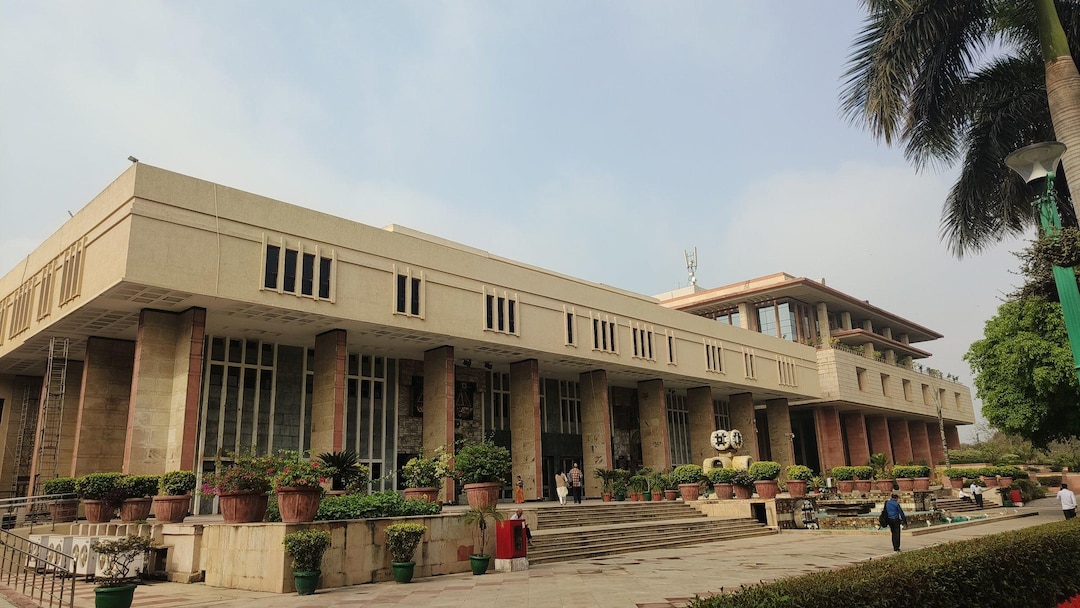


It noted that the report submitted by the prison dispensary in this case pointed to a distressing reality about the lack of proper medical care facilities, that is, physiotherapy equipment.The absence of these essential equipment not only signifies lack of adequate medical infrastructure in prisons, but also its direct repercussion on the health of inmates requiring physiotherapy, the court said.The basic right of a citizen to healthcare, while being incarcerated, is not obliterated or surrendered to the State, & prisoners are also human beings & they retain some undeniable human rights which have to be acknowledged by every court of law & the State, it said."Courts cannot allow an inadequate prison healthcare system to violate a prisoner's right to timely & adequate medical healthcare. Preserving the health of prisoners would require a mechanism to monitor & promote the healthcare system available in prisons," it said.
The court acknowledged that it is not possible for jail authorities, through the State, to have every kind of advanced medical equipment in the jail medical set up to meet the requirements of some prisoners & directed that a high attainable standard of healthcare be ensured in prisons.
The HC made clear, "In a just & equitable legal system, the principle of equality before the law is paramount. This means that every individual, regardless of their wealth or social status, is subject to the same legal standards & protections".It also directed that doctors in-charge of jail dispensaries shall furnish to CMOs a list of requirements of medical equipment essential for medical care of jail inmates.CMOs shall communicate the inadequacies & requirements to jail visiting judicial officers & a weekly report shall be prepared & sent to the secretary (home) of the Delhi government & the issues should be addressed within two days, it said.
Regarding the criminal case, it is claimed by the probe agencies that Dhall allegedly conspired with other accused & was "actively" involved in the formulation of the liquor policy & facilitating kickbacks to the Aam Aadmi Party (AAP) & its recoupment by the "South Group" through various means.The Enforcement Directorate's (ED) money laundering case stems from an FIR of the Central Bureau of Investigation (CBI).
According to the CBI & the ED, irregularities were committed while modifying the excise policy & undue favours extended to licence holders.The Delhi government implemented the policy on November 17, 2021, but scrapped it at the end of September 2022 amid allegations of corruption. Former Delhi deputy chief minister Manish Sisodia is also an accused in the matter.
TAGS: Court Prisons Medical care Physiotherapy equipment Healthcare facilities Inmates Human rights Equality before the law